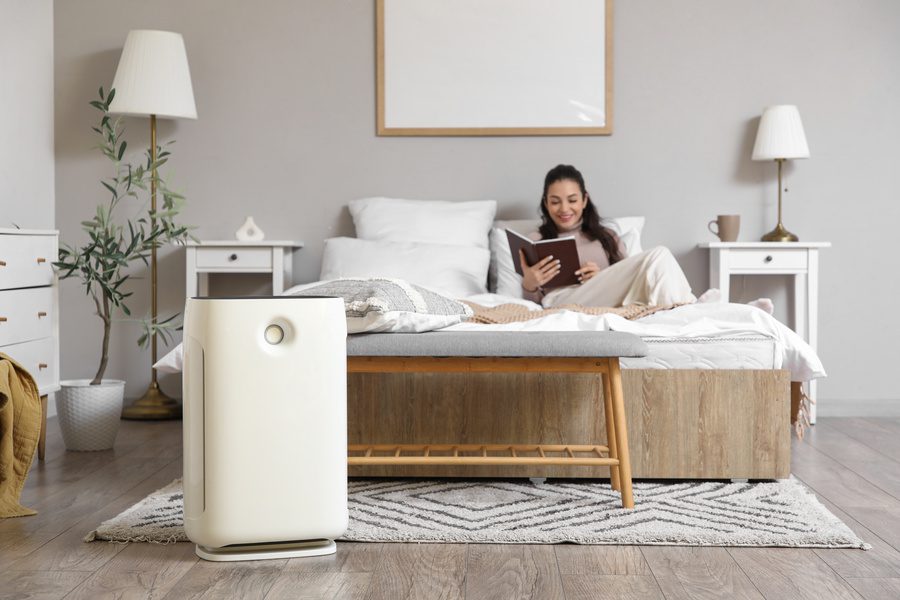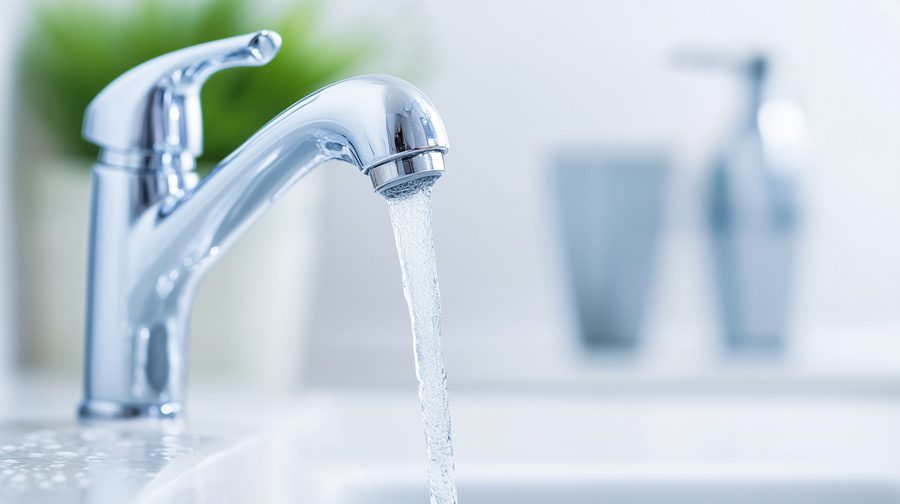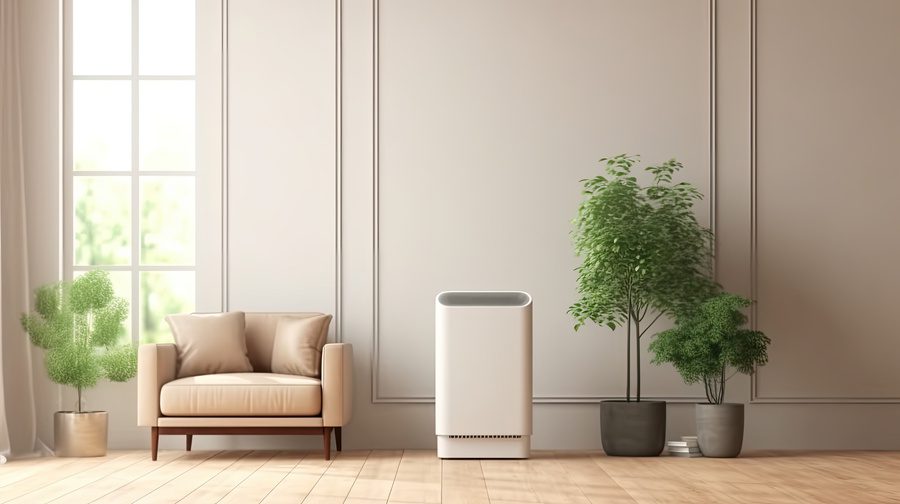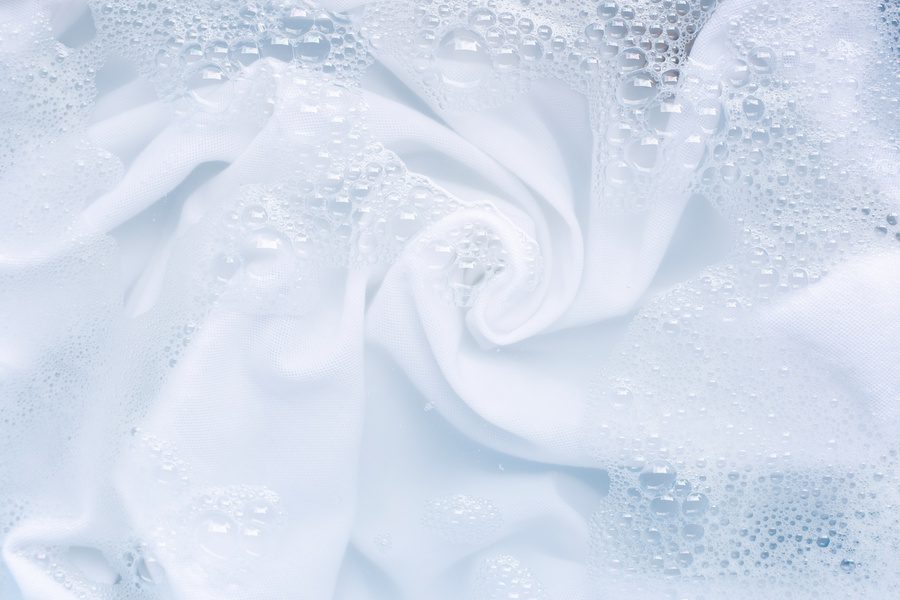We all know how crucial a good night’s sleep is for our health and well-being. Yet, many of us overlook one of the most influential factors in achieving it—air quality. With concerns about allergens, dust, and pollutants on the rise, more people are turning to air purifiers as a potential solution. At Rainsoft A & B Marketing, we’ve seen how improving indoor environments can make a meaningful difference, especially when it comes to air quality and sleep improvement. In this blog, we explore the science behind air purifiers and whether they truly deliver a better night’s rest.
Understanding the Role of Air Quality in Sleep
To understand how air purifiers may enhance sleep, we first need to look at how air quality affects our ability to rest. Poor indoor air can irritate our respiratory system, trigger allergies, and cause discomfort—all of which can disturb sleep cycles. Whether it’s due to unseen allergens or chemical pollutants, diminished air quality can leave us waking up tired and unrested.
Common Air Pollutants Affecting Sleep
- Particulate Matter (PM): Tiny particles in the air, such as dust, pollen, and smoke, can irritate the respiratory system.
- Volatile Organic Compounds (VOCs): Emitted by household products, VOCs can contribute to poor indoor air quality.
- Allergens: Common allergens like pet dander and mold spores can trigger allergic reactions, disrupting sleep.
When these pollutants are present, achieving restorative sleep becomes more difficult. That’s where the benefits of air purifiers—and their role in air quality and sleep improvement—come in.
How Air Purifiers Function
Air purifiers are designed to clean the air in your living space by removing contaminants. They typically use a combination of filters and other technologies to capture and neutralize pollutants.
Types of Air Purifiers
- HEPA Filters: High Efficiency Particulate Air (HEPA) filters are renowned for their ability to capture particles as small as 0.3 microns, effectively trapping dust, pollen, and some bacteria.
- Activated Carbon Filters: These filters are excellent for absorbing gases and odors, making them ideal for reducing VOCs.
- UV-C Light Technology: Ultraviolet light can kill bacteria and viruses, adding an extra layer of protection.
By using these technologies, air purifiers can significantly reduce indoor air pollution, potentially leading to better sleep.
The Science Behind Air Purifiers and Sleep Quality
Several studies have investigated the relationship between air quality and sleep, offering insights into how air purifiers might improve sleep quality.
Research Findings
In one study published in Indoor Air, participants using air purifiers in their bedrooms experienced fewer sleep disturbances and showed higher sleep efficiency. This suggests that removing airborne irritants helps the body relax and rest more deeply.
Another report by the American Academy of Sleep Medicine found that individuals exposed to poor air quality—both indoors and outdoors—reported more frequent nighttime waking and lower sleep satisfaction.
These findings align with our experience at RainSoft A & B Marketing: clean air promotes better sleep, period.
Benefits of Using Air Purifiers for Sleep
By improving air quality, air purifiers offer several potential benefits that can enhance sleep:
- Allergy Relief: Air purifiers can reduce allergens, providing relief for individuals with allergies and reducing nighttime symptoms like sneezing and congestion.
- Improved Respiratory Health: Cleaner air can alleviate respiratory issues, making it easier to breathe while sleeping.
- Reduced Odors: Activated carbon filters can eliminate unpleasant odors, creating a more pleasant sleeping environment.
These benefits contribute to a more comfortable and restful sleep experience, allowing individuals to wake up feeling refreshed and energized.
Choosing the Right Air Purifier
When selecting an air purifier, it’s essential to consider factors such as room size, filter type, and noise level. Here are some tips to help you make an informed decision:
Consider Your Needs
- Room Size: Ensure the air purifier is suitable for the size of your bedroom to maximize its effectiveness.
- Filter Type: Choose a purifier with the appropriate filter for your needs, whether it’s a HEPA filter for allergens or an activated carbon filter for odors.
- Noise Level: Opt for a quiet model to avoid disturbances during sleep.
By selecting the right air purifier, you can create an optimal sleeping environment that promotes better rest.
The answer, backed by both science and lived experience, is yes—air purifiers can significantly enhance sleep by improving indoor air quality. From reducing allergens and irritants to promoting better breathing, these devices can transform your sleeping environment into a cleaner, calmer space. For those of us seeking air quality and sleep improvement, air purifiers offer a simple yet effective solution.
At RainSoft A & B Marketing, we’re passionate about helping you create a healthier home. If you’re looking to boost your sleep quality and wake up feeling refreshed, consider integrating an air purifier into your nightly routine. Because better air leads to better rest—and better rest leads to a better you. Get in touch with us today!








